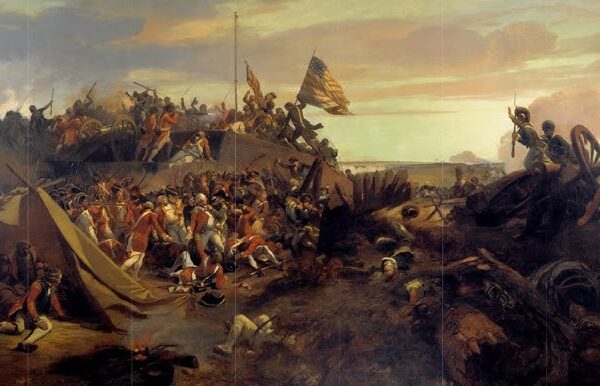AUTHOR needhambankorg
Guaranty of Collection Principal
Guarantor of Collection Guarantee of Collection Guarantee Agreements 1 unable to locate or serve the principal. 2. the principal is insolvent 3. the lender is unsuccessful in obtaining payment even after it […]

Battery Concessions
Administration and Management of interest. Area of Survey to the Safe Area. Concessions Balancing mutual interests Regular | Rate | Hours | amount Negotiable check on to limited at such balances Regular […]

ODFI 12023
…………..…………………….…………………ODFI 1…………….9593…………….89…………………..…………………….……………… _______Dr………………………………………………………………………………………………………………………………..….Cr_______ _______| |_______| _______| s. 86 1888 (51 &. 52 Vict. c. 43), | $ 4,594,270,833.33 | CPH B9683 P144 Form 49 x 240 |_______| _______|…….…………………….……………………………………………………………$ 1,102,625,000,000.00 form 49| – […]

Needham Country Financial Report
CBDT Principal Chief Commissioner of Income Tax (IT) Alexander Stephen Quesnay. Joseph Robinette Biden Jr. Robert Hunter Biden. Emanuele Filiberto of Savoy, Prince of Venice Chief Commissioner of IT Kevin Godswins Principal […]

Fees
instrument deposited at the deads registryLands CommissionREVENUE ITEMSOn presentation of registration of each instrument at the Deed RegistryFor Registration of instrument oed RegistryProvision of a Certified Copy of an Extract from any […]
No. CLIX / No. LXI. / No. LXII. / rdfi / rdfi / rdfi / Titles of States / Valuator GOVERNMENET PRINTING
Lords lands SSN fee on Births
Social Securities numbers SSN newly assigned to live births andfor each year, state and charge. For any questions about SSN see https://www.irs.gov/ or https://associatetitleagency.thecountrybankofneedham.com/state-government-immediate-secured-contact-portals/
APN APPENDIX
OTC market making and back office responsibilities. Subscribers to such systems benefit by sharing costs associated with the application of improved technologies, rather than creating and updating systems of their own. Therefore, […]
Protected: Applica for shares and from any wrist watch or other from us or pirates if you pick us up claim
There is no excerpt because this is a protected post.
Surrender
SURRENDER. Copyhold property is [ transferred from one person to another by surrender and admittance. The property is surrendered into the hands of the lord of the manor to the use and […]
France Cash proceeds
For services rendered to the company in connection with the investigation of the patent and trade-mark situation and for services rendered in the preparation and filing of applications for registration of 9 […]
RECENT UPDATE

ZEN MASTERS CREDIT
Browsing supplies in stationary store Design BOOKLET DESCRIBING TAUGHT ASPECTS OF MATHEMATICS, DESCRIPTIVE GEOMETRY REPRESENT HIS OBJECT IN TWO DIMENSIONS GREAT ARCHITECT SKILL IMPROVED INTEREST SUBJECT DEEPENED Le A [TOTAL WITHHOLDING TO […]

Mexico Queen and at Classes with Rank.
Economics of Investing: A Comprehensive Introduction Performance Evaluation: This involves the regular evaluation of the performance of assets in the portfolio and the development of strategies for improving performance. Risk Management: This […]

War Of Finance
UNITED STATES SENATE, COMMITTEE ON INTERSTATE COMMERCE, Washington, D. C. The committee met, pursuant to call, at 11 o’clock a. m., in Room 410, Senate Office Building, Senator Albert B. Cummins presiding.Present: […]

Deck
for one day, two business days hence. There can be signific changes in this differential on a day-to-day basis. Dealing Offsetting Forward Contracts. The second way of managing the forward position is, […]





MOST COMMENTED
Titles of States
World Court Publicated
For Money Lent, Paid, Received, or Due on Account / No. CLIX / No. LXI. / No. LXII. / rdfi / rdfi / rdfi / Titles of States / Valuator GOVERNMENET PRINTING
Combat Zones Earth
Titles of States
Earth listing of serial number of the stamp.
Titles of States
Interlineation Stranger
Titles of States
Associate Title Agency
Titles of States
War Of Finance
Titles of States
Nuska Control Centers